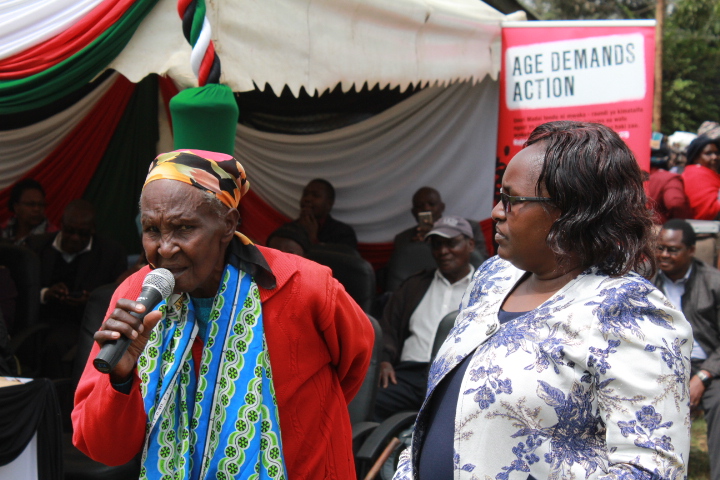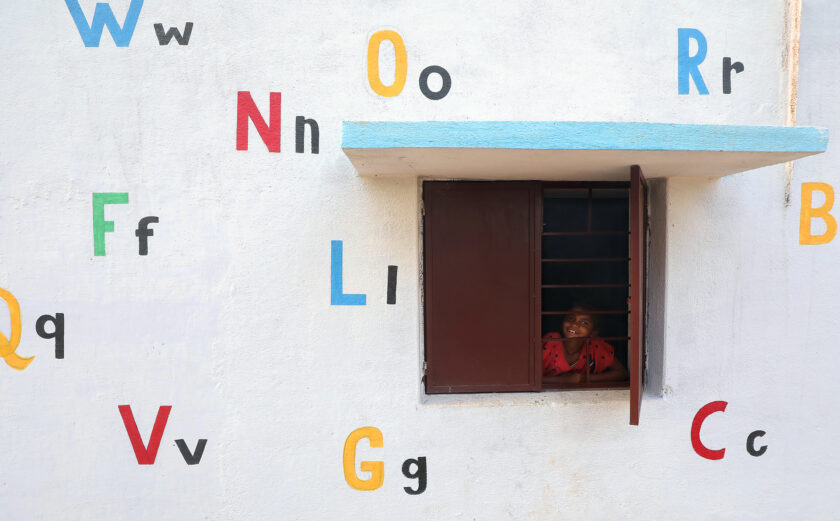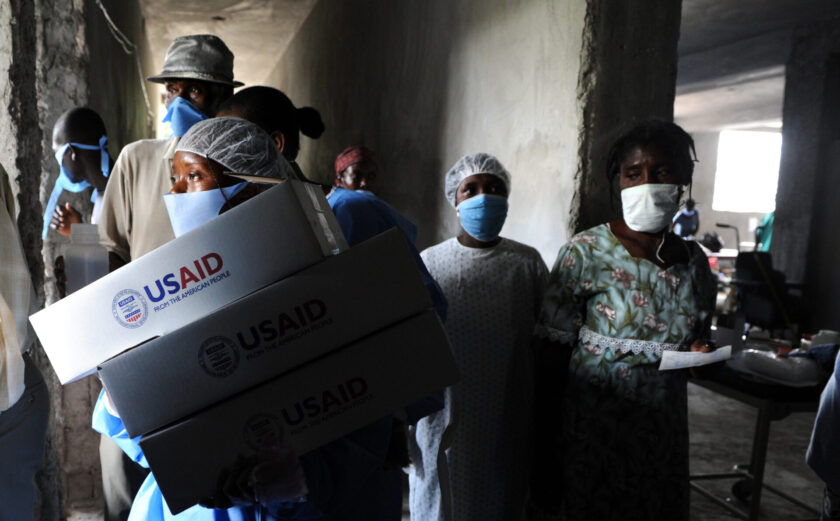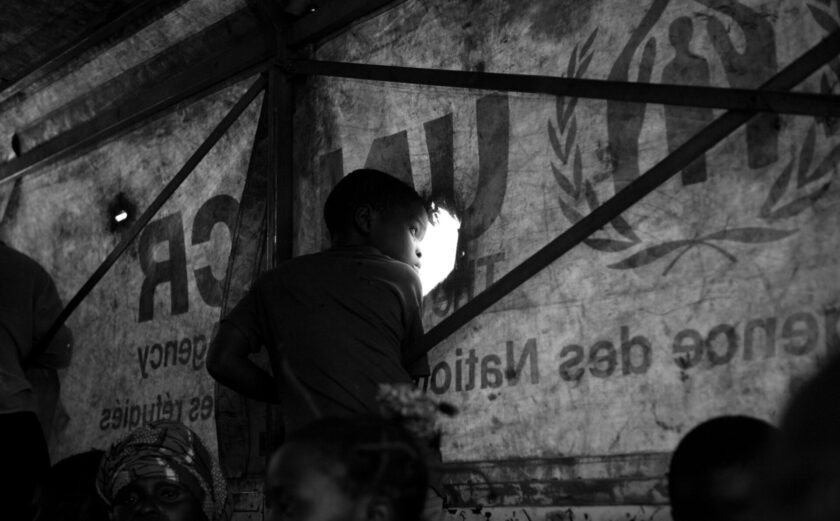
Age Demand Action Platform Fights For the Rights of Older People Around the World
It takes a long time for governments in Africa to develop policies, but Age Demands Action (ADA) has become a useful platform that older people use to continuously engage policy makers with proven results.
Launched in 2007, the campaign platform mobilizes a significant number of older people to campaign for their rights. It has since evolved to challenge age discrimination and fight for the rights of older people in over 77 countries. Older people are at the heart of ADA since they are best suited to become activists on ageing issues and are passionate advocates for change in their countries. Since it started, Age Demands Action has created a sustainable environment where older people lead efforts to bring about tangible changes in their country and globally.
It is estimated that 10,243,850 older people had the potential to benefit from new or improved policies fought by ADA campaigners over the last decade. For example, thanks to ADA, older people in Zanzibar and Kenya now have universal pensions, where anyone above the age of 70 gets a state stipend of $20 USD.
In Uganda, older people now have representation at all levels of governance from the village, county, and district levels to the national level under older person’s councils. Similar achievements are happening in countries like Ethiopia, Tanzania, Sierra Leone, and Ghana, albeit at varying stages of development.
Annually, April 7, June 15, and October 1 have been days when older campaigners use the Age Demands Action platform to raise their voices on issues they wish their governments to address.
This year has not been different. For example, on Wednesday June 20, older campaigners in Kenya, together with government and faith-based organizations, gathered in Nairobi for a meeting that turned out to be very productive. The older campaigners used the occasion to urge the government to fast-track the drafting and enactment of the proposed Older Persons Bill to safeguard and protect the rights of older persons. They said the lack of a framework to protect, safeguard and promote their rights denies them even the very basic rights of participation, autonomy and independence as enshrined in the Constitution of Kenya 2010 regarding non-discrimination, prevention of abuse and the protection of their freedom.
Speaking at the World Elder Abuse Awareness Day, Mr. Elijah Mwega, chairman of the Kenya Older Persons People Forum, said the Kenyan government has very good programs, including the Inua Jamii cash transfer program for people aged 70 years and above, the previous older persons cash transfer fund that targeted older people above the age of 65 years, and the commitment to register older people with the National Hospital Insurance Fund scheme.
However, said Elijah, not all programs are hinged on any firm act of Parliament. He called for representation of older people at all levels of governance as provided by the constitution of Kenya. “Older people have very distinct and unique roles to play in the family and community that other people can never fulfill,” he said.
Mr. Erastus Maina of HelpAge International said that these and the many other hidden challenges are the reason why older people all over Africa are asking their governments to participate in the 9th Session of the UN Open-Ended Working Group on Ageing to be held on July 23-26, 2018 in New York, and why they are requesting for the government of Kenya to support the UN Convention on the Rights of Older Persons.
The participation of governments and the older people in the Open-ended Working Group on Ageing (OEWG) discussions is key to establishing the UN Convention. The Convention, said Maina, will help increase the rights of older people and support them in decision-making. This year, the UN meeting is focused on the urgent need to meet autonomy and independence of older persons without forgetting the urgency to shield them from violence, abuse, and neglect.
Currently, older persons say they are not able to make their own decisions in many areas of their lives including finance, employment, management and disposal of their property, freedom to vote, choosing where and with whom to live, access to health services, family life, and participation in community, voluntary, or social activities.
Different people prevent, or interfere with, older people’s autonomy. This includes government and local authorities, policymakers, local leaders, service providers, and family members. Without autonomy and independence, older people lack a voice and, in essence, dignity as human beings.
In response, the government of Kenya said it is in the process of engaging volunteer lay counselors to provide counseling to older persons and older person-headed families in distress.The strategy is a result of the realization by the government that issues of elder abuse reported in the media were a fraction of the amount of abuses taking place in the society. To help stem these abuses, the government has started to embark on creating awareness about elder abuse and other issues affecting the family from the grassroots. So far, it has conducted public barazas (forums) in four counties within two regions of the country focusing on elder abuses.
The United Nations General Assembly, in resolution 66/127, designated June 15 as World Elder Abuse Awareness Day (WEAAD). It represents the one day in the year when the world voices its opposition to the abuse and suffering inflicted on older generations.The purpose of WEAAD is to provide an opportunity for communities around the world to promote a better understanding of abuse and neglect of older persons by raising awareness of the cultural, social, economic, and demographic processes affecting elder abuse and neglect.
Today, about 38 million people in Africa are over 60 and it is estimated that this number will shoot up to 212 million by 2050. As the population of older people grows, and as longevity increases, abuse of older people is an increasing and serious problem that affects health and other rights, sometimes even leading to the death of older people.







